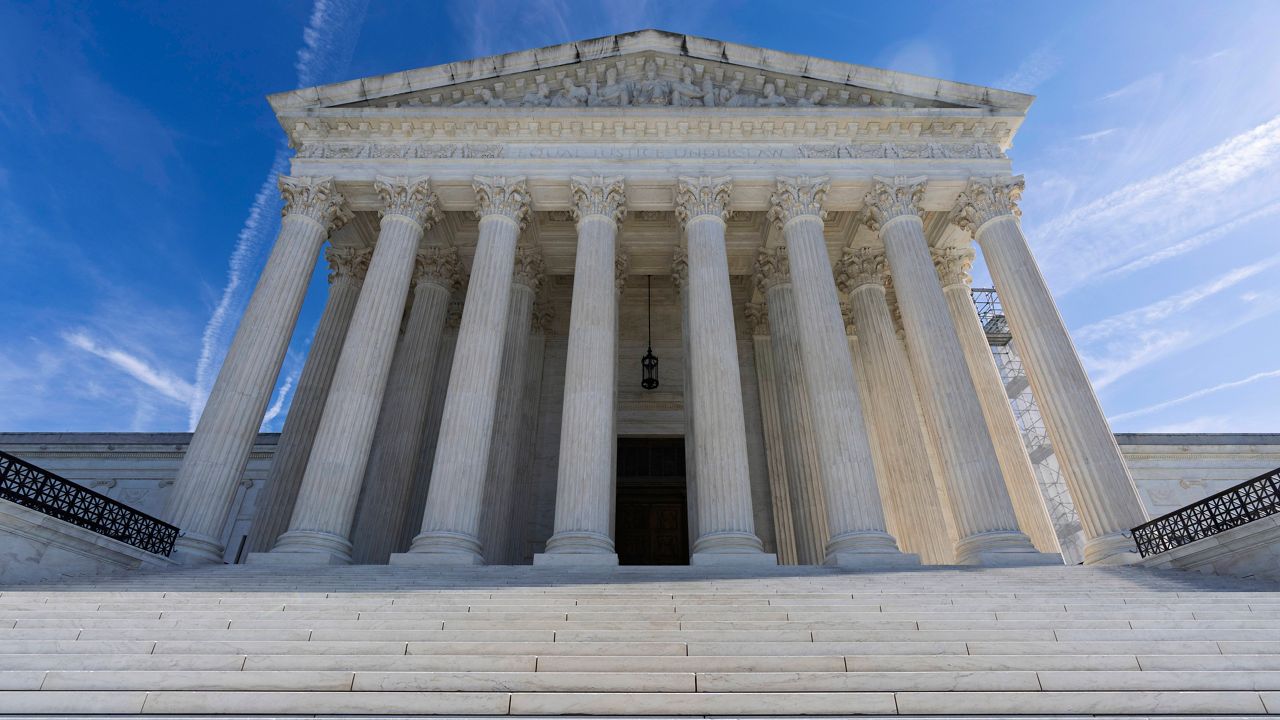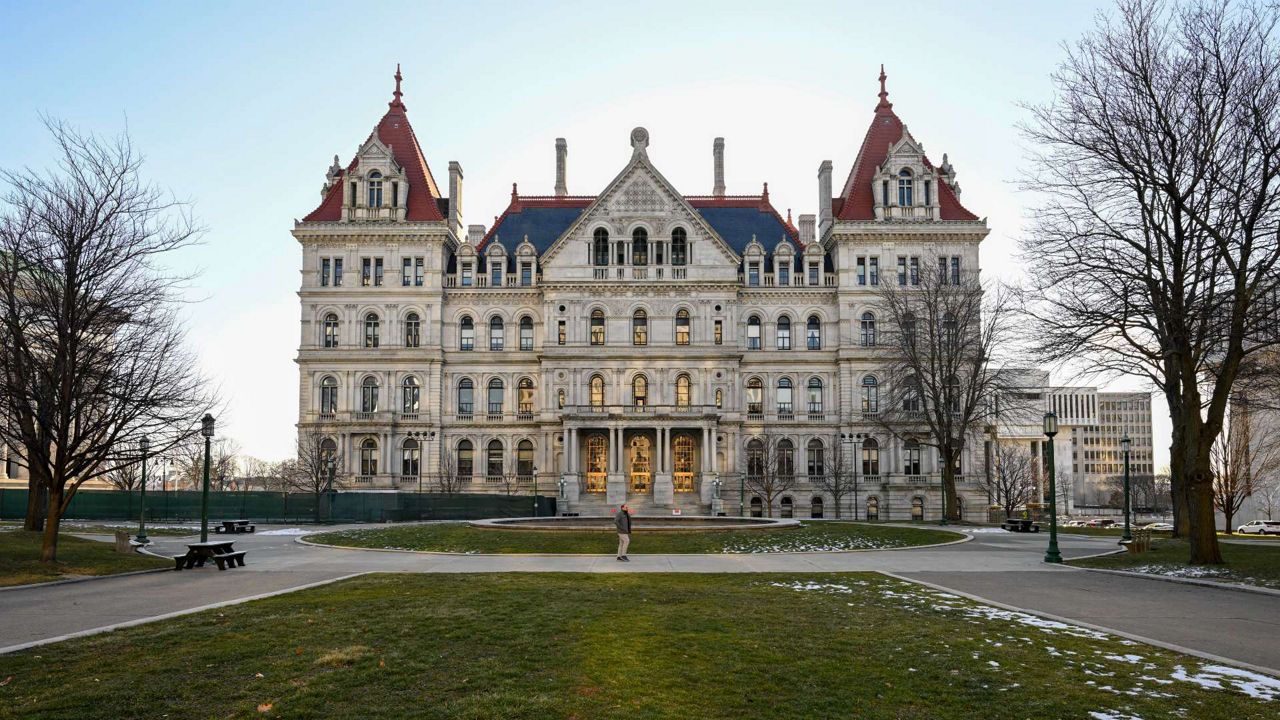Gov. Kathy Hochul's surprise announcement to delay the implementation of New York City's congestion pricing plan dropped a bombshell on the Legislature — upending earlier negotiations on controversial late-session priorities and legislation that was expected to pass both houses.
Proposals that lawmakers thought would easily clear both houses remain up in the air after the governor's reversal of the plan, citing affordability concerns that are a top issue for New York voters.
Hochul petitioned legislative leaders Thursday to pass a Payroll Mobility Tax on New York City employers to fill the $1 billion Metropolitan Transportation Authority gap left by delaying congestion pricing. But lawmakers rejected the proposal and said one day was insufficient to negotiate a new tax — especially in an election year.
Senators will work through the night into early Friday, with the Assembly expected to work through Saturday. It's unclear what impact the tension between Democrats will have on the political chess game being played at the end of session.
"This is typical for the end of the legislative session, we are considering hundreds of bills so we are going to continue to do that," Sen. Zellnor Myrie said. "I believe very deeply in what I said that New Yorkers expect us to do the right thing, even when it's hard and even when they might be unpopular."
Meanwhile on Thursday, the Assembly passed a constitutional amendment for the first time to eliminate the cap on the number of Supreme Court justices in the state.
It would remove a population requirement and allow the Legislature to determine the number of judges needed statewide.
The cap was put in place in the 19th Century out of concern the Legislature would create too many new justices. Supporters argue that piece of the constitution is outdated, and no other trial court in New York has a cap on justices.
"Most states don't have a cap on their courts, the federal government doesn't have a cap on their courts," Assembly sponsor Alex Bores said of the cap, which was last adjusted in the early '60s. "This is just about fixing a flawed, outdated piece of the constitution that has no justification of existing."
The proposal to eliminate the cap, which has bipartisan support, attempts to address a massive backlog of cases and speedier trials, which have increased by one-third over the last 60 years.
But state Supreme Court justices say they'll continue to fight the amendment, and argue it will politicize the court and impede the independence of the judiciary.
"Areas with less political voices in terms of influence in term sof what is considered complexity of cases may, in fact, be really a pretext for special interests at times being injected into the process, and those who have the loudest voices, those who may be legislatively in power at one given point," said Hon. Verna Saunders, a Supreme Court judge in the 1st Judicial District and president of the state Association of Supreme Court Justices.
"So we believe that it is a safeguard and a protection that we need to be a fair, equitable and fully serving judiciary around the entire state."
Multiple lawmakers are concerned other legislation that was expected to pass may get shelved with the congestion pricing fight at the forefront of conversations — chipping away at remaining hours the Legislature will remain in Albany.
And voters' perception in the upcoming elections continues to be on the mind of legislative leaders.
Multiple staffers and advocates on Thursday said they doubt a bill will pass to protect sex workers from prosecution if they report a crime. Earlier this week, the measure was expected to easily pass both houses.
Other environmental measures are still in play, but with concerns about affordability, any could be pulled from the debate list.
Decisions from state leadership continue to change hour by hour. And as politics influence all decisions in Albany, anything is fair game until lawmakers leave town — also at top-of-mind for lawmakers, who want to get back to their districts to prepare for primary elections across the state June 25.
"The Legislature, like all other human beings, they wait until the last minute to get anything to done," NYPIRG Executive Director Blair Horner said. "And that's what you see in legislative sessions going back as long as I've been here. The pace of activity quickens in the last 48 hours. And that's what I think's going to happen here."









